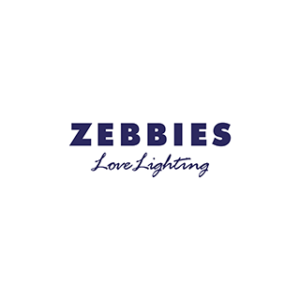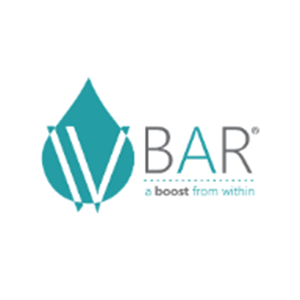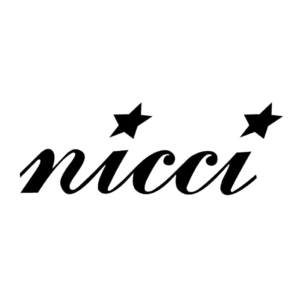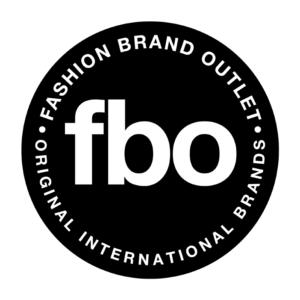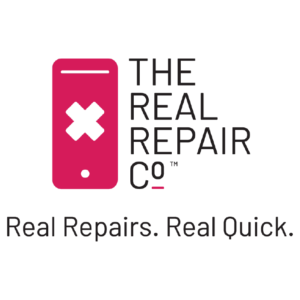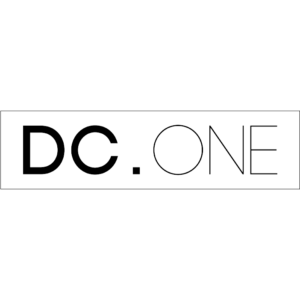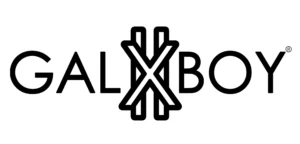Should You be Using Influencer Marketing for your Online Store?
South African Influencer marketing has become one of the most talked-about marketing strategies in the country. With brands constantly looking for new ways to engage consumers, influencer marketing has become a well established global tactic and readily adopted in South Africa.
Put simply, influencer marketing is used as a tool to drive brand discovery, loyalty and awareness. The industry is on track to be worth up to $15 million by 2022, up by as much as $8 billion in 2019. Furthermore, the number of brand-sponsored influencer posts on Instagram rose from 9.7 million in 2016 to 32.3 million in 2019.
South African Influencer Marketing in Numbers
According to The State of Influencer Marketing in South Africa 2019, by data-driven marketing platform Humanz, there are 152 791 South African influencers on Instagram and 69 488 on Twitter.
Humanz defines influencers as follows:
- 1 000 – 4 999 followers = Nano-influencer
- 5 000 – 49 999 followers = Micro-influencer
- 50 000 – 249 999 followers = B-lister
- 250 000 – 1 million followers = A-lister
- Over a million followers = Superstar
Micro-Influencer Campaigns
Micro-influencer campaigns are experiencing a rapid spike in popularity in South Africa. This is driven by social media followers craving more authenticity and trust from brands. Simply put, no one trusts your corporate message: they trust each other. The country has a staggering 138,470 nano-influencers on Instagram and 59,107 on Twitter. Superstar influencers are the rarest type of influencer in the country, with only 63 on Instagram and 53 on Twitter.
Micro and nano influencers are renowned for having a highly engaged audience that is usually geographically concentrated to a certain city, province or even local university, making it far easier for brands to reach their target audience.
Local Brands adopting Influencer Marketing in South Africa
Local brands like Superbalist and Mr Price have used micro and nano influencers in their campaigns. International brand Zara had huge success with its #DearSouthAfrica campaign which was rolled out ahead of their official online store opening in South Africa. Zara used 600 nano and macro-influencers only and was the top trending name globally just one day before their launch.
Conclusion
Influencer Marketing presents a highly lucrative marketing opportunity for online retailers. This is especially so for nano campaigning. Ultimately, online retailers need to start finding creative ways to set themselves apart from their competitors by focusing on authenticity, innovation and quality over quantity.

